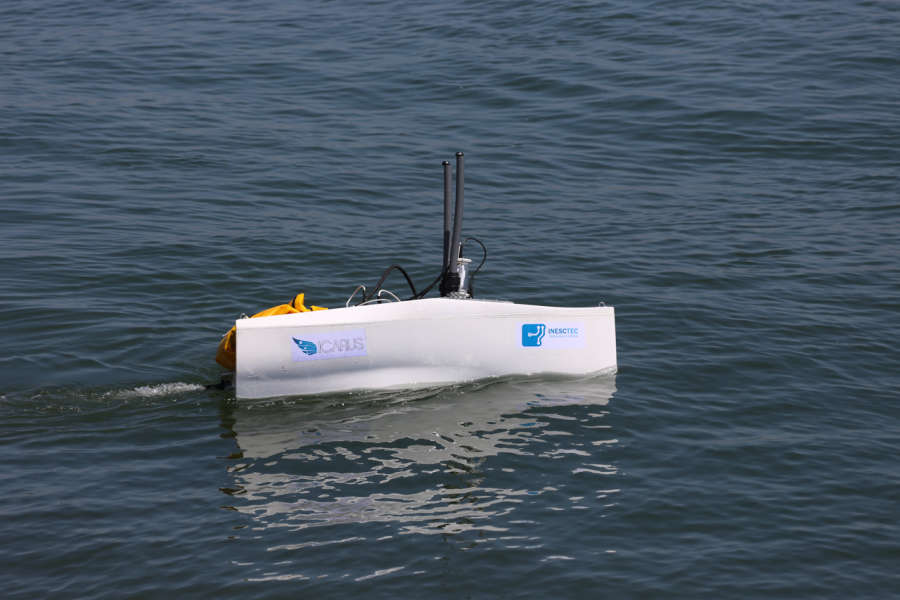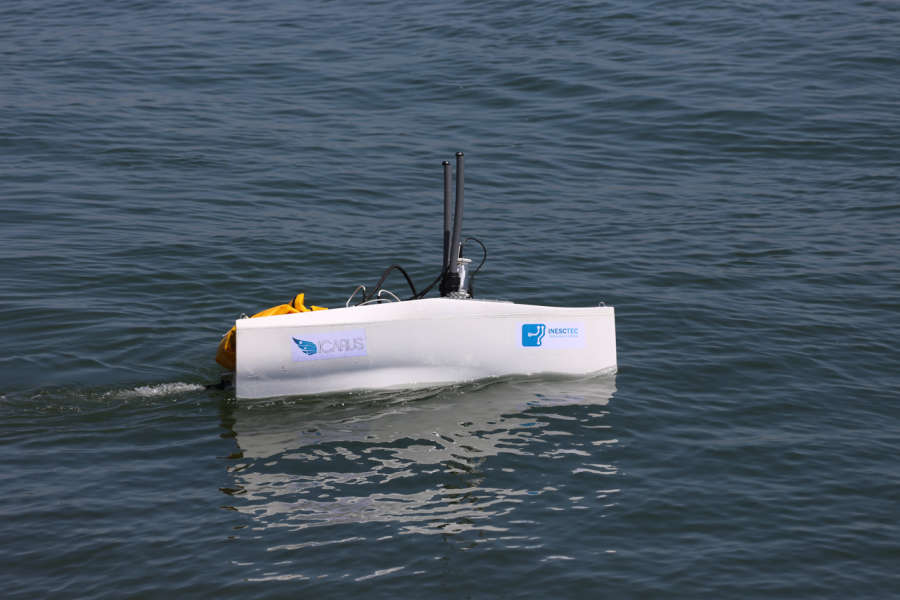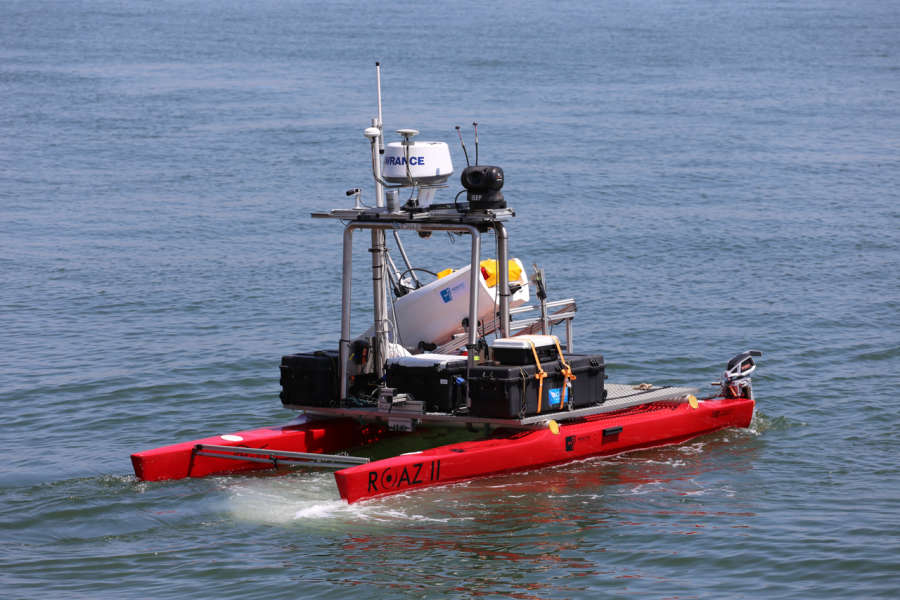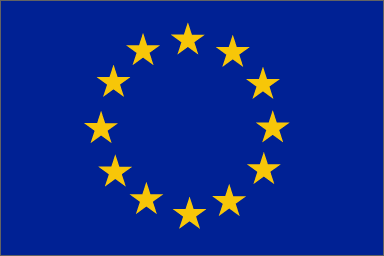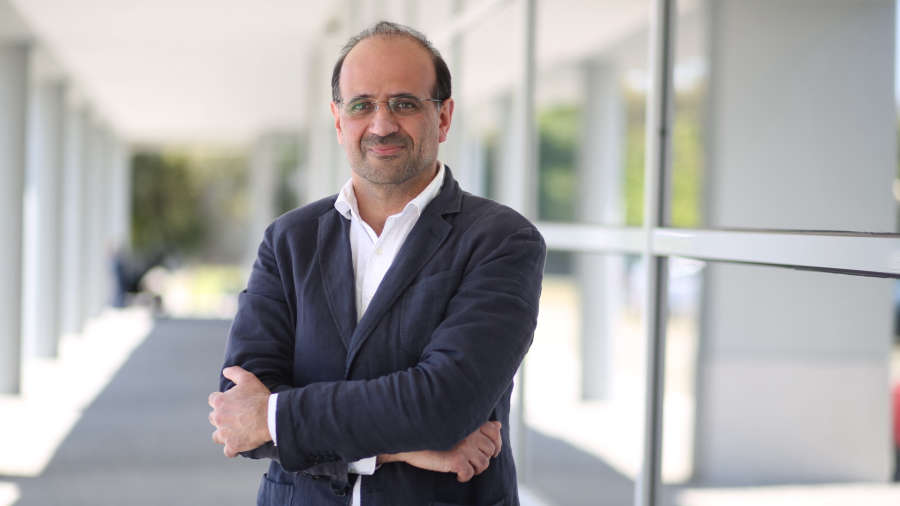Integrated Components for Assisted Rescue and Unmanned Search operations
After the earthquakes in L’Aquila, Haiti and Japan, the European Commission confirmed that there exists a large discrepancy between (robotic) technology that is developed in laboratory and the use of such technology in the field for Search and Rescue (SAR) operations and crisis management. Thus, the European Commission’s Directorate-General for Enterprise and Industry decided to fund ICARUS, a Research project whose goal is to develop robotic tools which can assist “human” crisis intervention teams. The introduction of unmanned Search and Rescue devices can offer a valuable tool to save human lives and to speed up the SAR process. The ICARUS focuses on the development of unmanned SAR technologies for detecting, locating and rescuing humans. The goal of the project is to bridge the gap between the research community and end-users, by developing a toolbox of integrated components for unmanned Search and Rescue operations.


